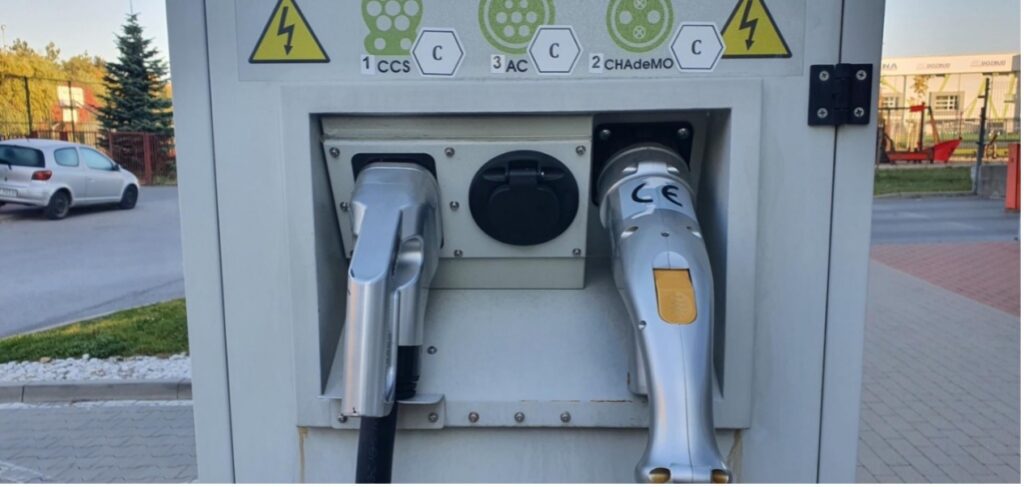Meeting the ambitious CO2 reduction targets agreed by European environment ministers on June 28 this year requires, according to the European Automobile Manufacturers Association (ACEA), decisive action on the development of charging infrastructure and a solution to the problem of European access to strategic raw materials for e-mobility. The association stresses that it respects the Council’s decision, but notes that it has serious implications not only for the automotive industry, but also for the EU economy as a whole.
Network development crucial
European automakers have long accepted the transition to electromobility and are radically transforming their operations to meet EU climate targets. But the key to meeting CO2 targets does not lie solely in the hands of the industry – others must play their part as well.
It is now crucial that all the framework conditions are in place to make the transition to all-electricity – including the development of a truly pan-European network of charging and refueling infrastructure and access to the necessary raw materials.
The specter of new dependencies
– The automotive industry will contribute fully to the goal of a carbon-neutral Europe in 2050, but the Council’s decision raises important questions that have yet to be answered. For example, how will Europe ensure access to key raw materials for e-mobility – said Oliver Zipse, president of ACEA and CEO of BMW. In his view, if the EU wants to be a pioneer in sustainable mobility, the availability of these materials must be ensured. Otherwise, we will be at risk of new dependencies.
– The openness of the technology means that hydrogen and other CO2-neutral fuels can also play an important role in decarbonizing road transportation – Zipse added.
Mid-term review indicated
In the context of the ongoing negotiations on the Alternative Fuels Infrastructure Regulation (AFIR), ACEA is also calling on policymakers to meet the targets they have just set for the automotive industry when it comes to setting infrastructure targets for each member state. As ACEA points out, the mid-term review of the CO2 regulation will be key to tracking progress in market development, infrastructure deployment and raw material availability.
